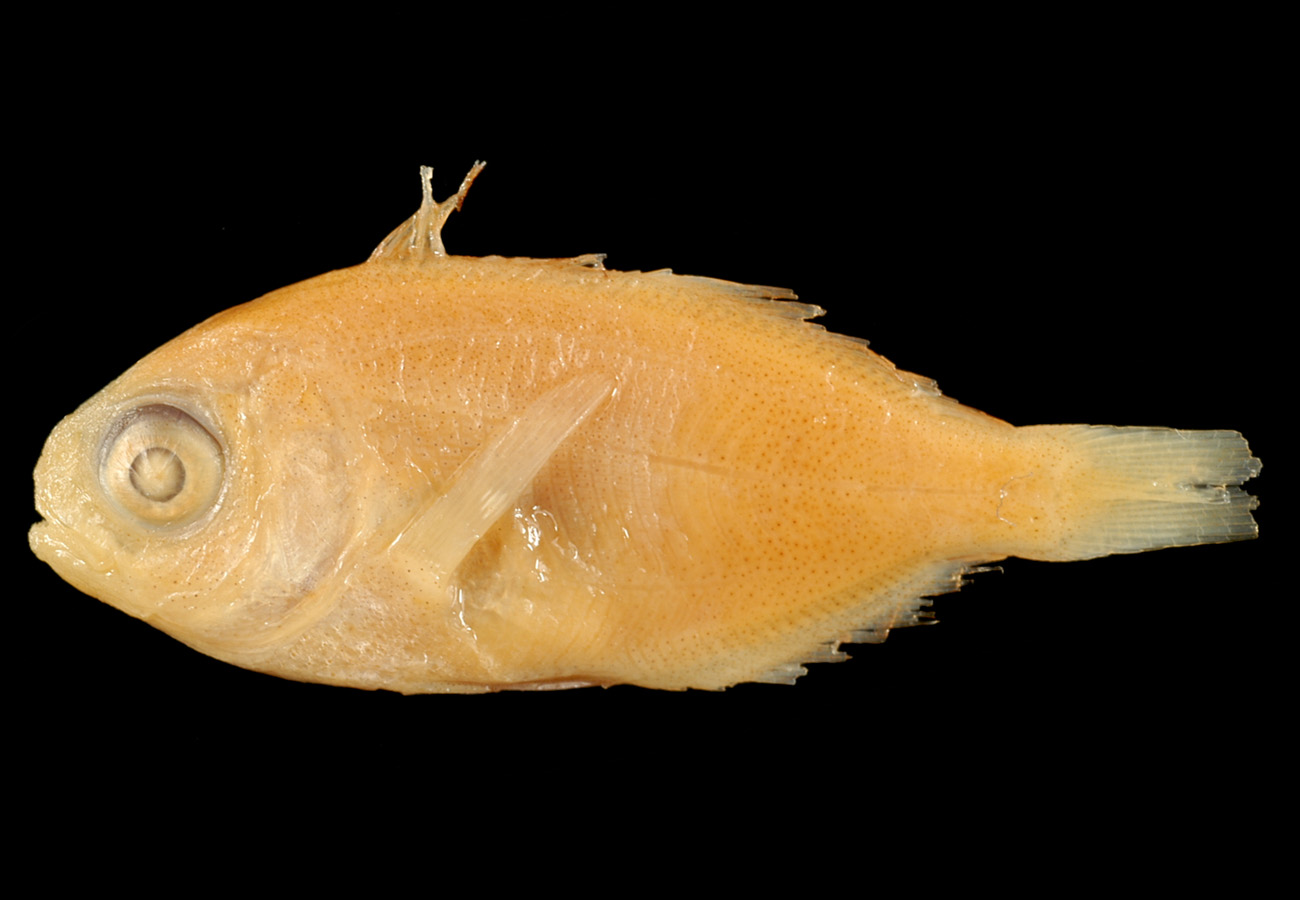Abstract
Four new water mite species of the genus Hygrobates, subgenus Lurchibates (Acari, Hydrachnidia, Hygrobatidae) are described. Hygrobates (Lurchibates) macrochela sp. nov. Goldschmidt, Nishikawa & Shimano is described in male and female; Hygrobates (Lurchibates) malosimilis sp. nov. Goldschmidt, Nishikawa & Shimano is described in male, both new water mite species were collected from newts of the species Pachytriton inexpectatus Nishikawa, Jiang, Matsui & Mo, 2011; Hygrobates (Lurchibates) incognitus sp. nov. Goldschmidt, Nishikawa & Shimano is described in female collected from newts of the species Paramesotriton guangxiensis (Huang, Tang and Tang, 1983); Hygrobates (Lurchibates) fragmentarius sp. nov. Goldschmidt, Nishikawa & Shimano is described in a single severely fragmented specimen (sex could not be determined) collected from a newt of the species Paramesotriton yunwuensis Wu, Jiang, and Hanken, 2010. Principal differences between the subgenus Lurchibates and the nominal subgenus Hygrobates s. str. are illustrated and discussed as well as the sexual dimorphism of Lurchibates. Morphometric analyses confirmed the morphological differences of ten out of the eleven so far described species (H. (L.) fragmentarius could not be included in the analysis); two morphological groups became evident mainly based upon the shape of the anterior coxae. These analyses as well provide an idea of possible phylogenetic relationships among the species. A key to all currently known species of the subgenus Lurchibates is given. So far the subgenus is restricted to SE-Asia, a map showing the distribution of all species is presented.
References
Bernardes, M., Dreesmann, J., Pham, C.T., Nguyen, T.Q., Goldschmidt, T. & Ziegler, T. (2021) Multiple newt threats—occurrence of Paramesotriton deloustali and P. guangxiensis in differently disturbed habitats of Vietnam including new data on the parasite-host relationships with water mites. Limnologica, 88, 125872.
https://doi.org/10.1016/j.limno.2021.125872
Bourret, R. (1934) Notes herpétologiques sur l’Indochine française. VI. Sur diverses collections de serpents appartenants a l’Universite de Hanoi. VII. Une salamandre nouvelle vivant au Tonkin. Annexe au Bulletin Général de l’Instruction Publique. Hanoi, 1934, 83–84.
Chang, M.L.Y. (1933) On the salamanders of Chekiang. Contributions from the Biological Laboratory of the Science Society of China. Zoological Series, 9, 305–328.
Frost, D.R. (2021) Amphibian Species of the World: an Online Reference. Version 6.1 (Date of access). Electronic Database. American Museum of Natural History, New York. Available from: https://amphibiansoftheworld.amnh.org/index.php.
Goldschmidt, T., Gerecke, R. & Alberti, G. (2002) Hygrobates salamandrarum sp. nov. (Acari, Hydrachnidia, Hygrobatidae) from China: the First Record of a Freshwater Mite Parasitizing Newts (Amphibia, Urodela). Zoologischer Anzeiger, 241, 297–304.
https://doi.org/10.1078/0044-5231-00073
Goldschmidt, T. & Koehler, G. (2007) New species of the Hygrobates salamandrarum—group (Acari, Hydrachnidia, Hygrobatidae) from SE-Asia. Zoologischer Anzeiger, 246, 73–89.
https://doi.org/10.1016/j.jcz.2007.01.001
Goldschmidt, T. & Fu, V. (2011) Description of Hygrobates aloisii sp. nov. from Hong Kong, a new species Hygrobates (Lurchibates) subgen. nov. (Acari, Hydrachnidia, Hygrobatidae), with data on the parasite—host relationship to the Hong Kong Newt Paramesotriton hongkongensis (Amphibia, Caudata, Salamandridae). Zoologischer Anzeiger, 250, 19–31.
https://doi.org/10.1016/j.jcz.2010.10.002
Goldschmidt, T., Nishikawa, K., Hiruta, S.F. & Shimano, S. (2020) Description of three new water mite species of Hygrobates Koch, 1837 (Lurchibates Goldschmidt & Fu, 2011) (Acari, Hydrachnidia, Hygrobatidae), parasitic in newts of the genera Paramesotriton and Pachytriton (Amphibia, Caudata, Salamandridae) from China. Zootaxa, 4768 (1), 25–42. https://doi.org/10.11646/zootaxa.4768.1.3
Hammer, Ø., Harper, D.A.T. & Ryan, P.D. (2001) PAST: Paleontological statistics software package for education and data analysis. Palaeontologica Electronica, 4, 1–9.
Huang, Z.-Y., Tang, Z.-Y. & Tang, Z.-M. (1983) A new species of the genus Trituroides from Guangxi, China. Acta Herpetologica Sinica/ Liangqi baxing dongwu yanjiu. New Series. Chengdu, 2 (2), 37–39.
Jagersbacher-Baumann, J. (2014) Species differentiation of scutacarid mites (Heterostigmatina) using multivariate morphometric methods. Experimental and Applied Acarology, 62, 279–292.
https://doi.org/10.1007/s10493-013-9747-x
Koch, C.L. (1836–1841) s.n. In: Herrich-Schäfer, G.A.W. (Ed.), Deutschlands Crustaceen, Myriapoden und Arachniden. 40 parts. Pustet, Regensburg, pp. 1–270.
Koch, C.L. (1842) Übersicht des Arachnidensystems, Part 3. In: Zeh, C.H., Nürnberg, 130 pp.
Myers, G.S. & Leviton, A.E. (1962) The Hong Kong newt described as a new species. Occasional Papers. Division Of Systematic Biology, Stanford University, 10, 1–4.
Nishikawa, K., Jiang, J.-P., Matsui, M. & Mo, Y.-M. (2011) Unmasking Pachytriton labiatus (Amphibia: Urodela: Salamandridae), with description of a new species of Pachytriton from Guangxi, China. Zoological Science, 28 (6), 453–461.
https://doi.org/10.2108/zsj.28.453
Pamilo, P. & Nei, M. (1988) Relationships between gene trees and species trees. Molecular Biology and Evolution, 5, 568–583.
Pfingstl, T. & Jagersbacher-Baumann, J. (2016) Indications of parthenogenesis and morphological differentiation in Hawaiian intertidal Fortuynia (Acari, Oribatida) populations. Zoologischer Anzeiger, 260, 11–24.
https://doi.org/10.1016/j.jcz.2015.11.004
Smit, H. (2020) Water mites of the world, with keys to the families, subfamilies, genera and subgenera (Acari: Hydrachnidia). Monographieën van de Nederlandse Entomologische Vereniging, 12, 1–774.
Stuart, B.L. & Papenfuss, T.J. (2002) A new salamander of the genus Paramesotriton (Caudata: Salamandridae) from Laos. Journal of Herpetology, 36, 145–148.
https://doi.org/10.1670/0022-1511(2002)036[0145:ANSOTG]2.0.CO;2
Wu, Y.-K., Jiang, K. & Hanken, J. (2010) A new species of newt of the genus Paramesotriton (Salamandridae) from southwestern Guangdong, China, with a new northern record of P. longliensis from western Hubei. Zootaxa, 2494 (1), 45–58.
https://doi.org/10.11646/zootaxa.2494.1.3
Yuan, Z.-Y., Zhao, H.-P., Jiang, K., Hou, M., He, L., Murphy, R.W. & Che, J. (2014) Phylogenetic relationships of the genus Paramesotriton (Caudata: Salamandridae) with the description of a new species from Qixiling Nature Reserve, Jiangxi, southeastern China and a key to the species. Asian Herpetological Research, 5, 67–79.
https://doi.org/10.3724/SP.J.1245.2014.00067


